How Chinese Citizens Rating System Works: Crimes and Punishment
- Transfer
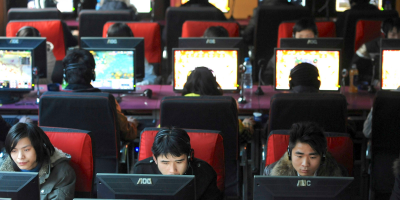 The Chinese government is deploying an extensive ranking system that will track the behavior of its vast population and rate people on the basis of their “social credit”.
The Chinese government is deploying an extensive ranking system that will track the behavior of its vast population and rate people on the basis of their “social credit”. The social credit system, which was first announced in 2014, was created with the aim of strengthening the idea that “to maintain confidence is wonderful, and to destroy it is disgusting,” as written in the government’s explanation of the project. The program is scheduled to launch in full by 2020, but it is already being run in millions of people. And participation in it is necessary.
At the moment, the system works in parts - for some of its parts the city administration is responsible, for others - private technological platforms that store personal data.
A person’s social credit, like a personal credit history, can increase and decrease depending on his behavior. The exact methodology is kept secret - but examples of violations include poor driving, smoking in prohibited places, buying too many video games and spreading false news.
1. Ban on flights and train rides
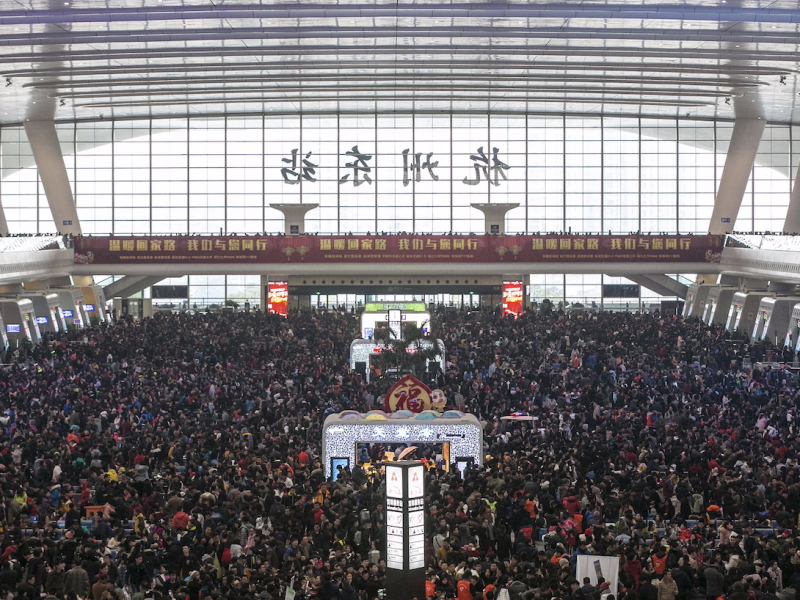
Waiting Room at the Hangzhou Railway Station, February 2016
China has already begun to punish people with travel restrictions. Nine million people forbidden to buy tickets for local airlines as reported in March, Channel News Asia, quoted by the official statistics. They will also have to say goodbye to comfort — three millions of people have been banned from buying business class tickets for trains.
The final system will also punish bad passengers. Potential violations - a trip without a ticket, lodging in front of the gate, smoking in prohibited places.
2. Internet speed control
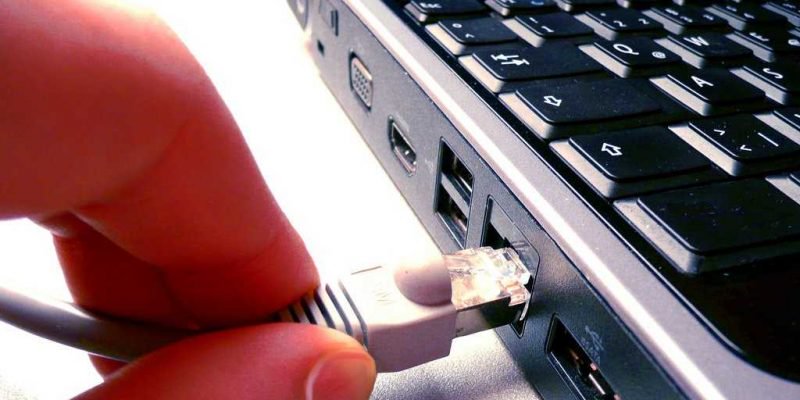
This information was shared by Rachel Botsman, the author, who published part of the book on technical security on Wired last year. The exact mechanism of this method is not yet known.
According to Foreign Policy , credit systems track the timely payment of bills by people, much like systems that track credit history - but they also add to the moral side of things. Among other controversial violations - too much time wasted on video games, spending money on frivolous purchases and posts on social networks. Also, especially after the terrorist attacks on the airport security service, the spread of false news will also be punished.
3. Prohibit you and your children from studying at the best schools.
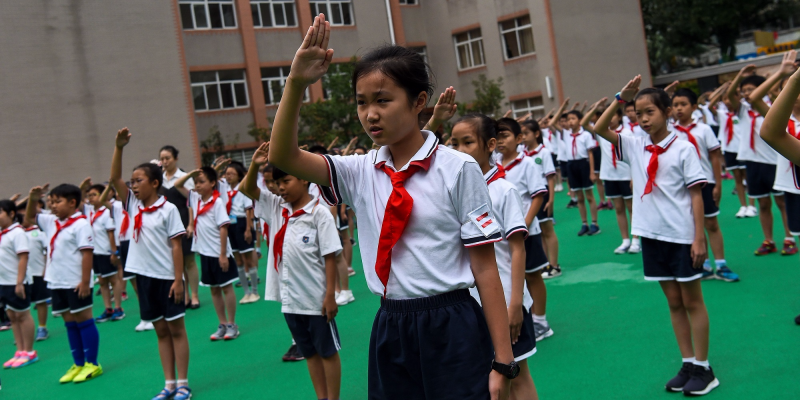
Students sing the country's national anthem on the playground while raising the flag in the school of Shanghai, September 27, 2017
17 people who refused to serve in the army last year will not be able to get higher education, study in high school or continue their education, writes Beijing News [ difficulties of translation: the original article was written in Chinese, but judging by the online translator , in fact, these people were canceled all the achievements above the secondary school, and they are ordered to return and undergo training again; they were also banned from going abroad and buying real estate / approx. transl.]
Citizens with low social credit will be prohibited from sending their children to expensive private schools, said Botsman. It is unclear whether this ban is already in effect.
4. Ban on getting better jobs
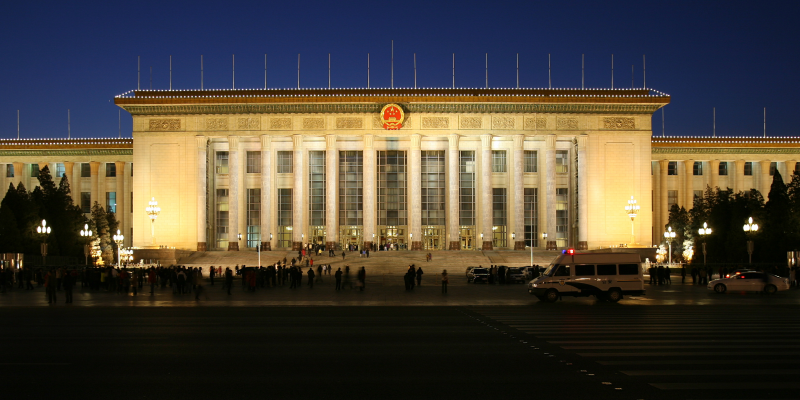
The House of People's Assemblies, the parliament building in Beijing, one of China
’s largest state-owned buildings, “Trustees”, individuals will not be able to do management work in government agencies and large banks. Some crimes, such as fraud and embezzlement, will also have a major impact on social credit.
5. Ban on settling in the best hotels
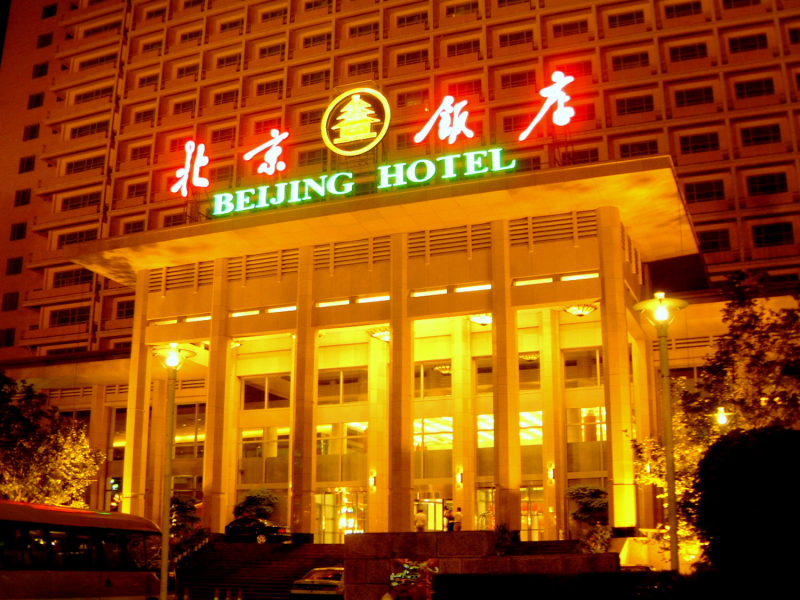
The state five-star hotel Beijing.
People who refused to serve in the army were also forbidden to rest in certain places and hotels. At the same time, the state both rewards people and punishes them. People with a high social rating will quickly get permission to visit places like Europe.
In 2015, an unknown woman in Beijing also told the BBC that she was allowed to book a room in the hotel without a deposit in cash, because she had a high social loan.
6. Public censure of bad citizens
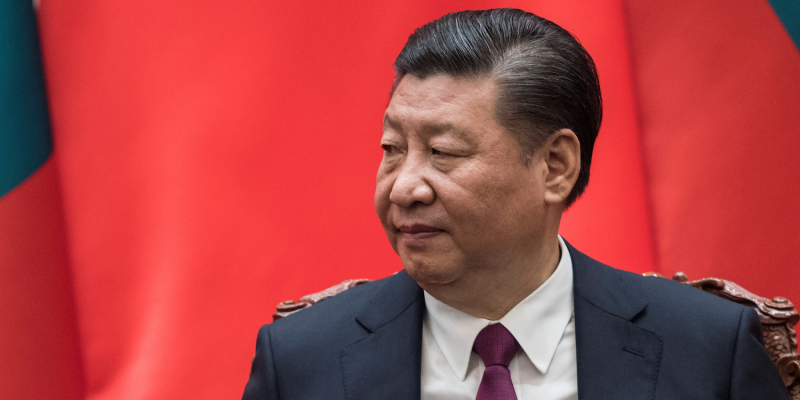
The scornful look of the President of China Xi Jinping in December 2017
Another available tactic is public censure. A government note from 2016 encourages companies to check the blacklist before hiring people and entering into contracts with them. However, before being added to such a list, the person will have to receive a judicial notice, and they are allowed to appeal this decision within 10 days after receiving the notification. It is not yet clear when this list will start working.
The black list prototype already exists, and it is already used for punishment.
The list on the left shows the names of people and retouched identification numbers, and on the right, the names of companies.
Li Xiaolin, a lawyer who got on this list in 2015, found that he could not buy plane tickets to return home from a working trip, as Human Rights Watch wrote . He also did not accept applications for opening credit cards.
There is a list of good citizens

The BBC claims that the largest Chinese dating site, Baihe, favors the accounts of good citizens.
Citizens can also receive discounts on electricity bills, rent things without collateral, and receive a lower loan interest at
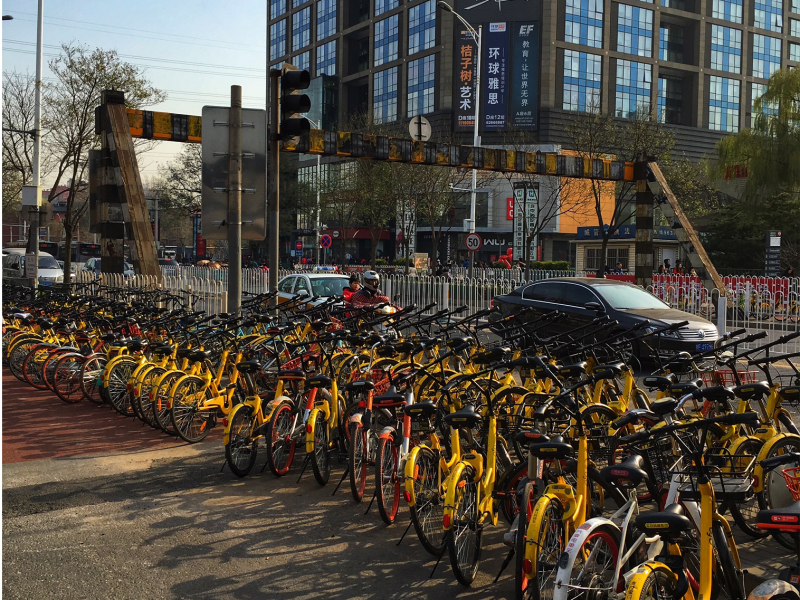
Bikesharing Bank in China.
Such advantages were available to people from Rongcheng in eastern China. The city council launched a social credit system for citizens, which was studied by Foreign Policy .
People speak positively about the system

Crossroads in Guangdong
Despite the somewhat scary image of the system - Human Rights Watch expressed its dissatisfaction with it, and Botsman called it “a futuristic version of Big Brother out of control” - some citizens believe that this system helps them to become better. The 32-year-old entrepreneur who introduced Foreign Policy, like Chen, said: “I have a feeling that in the past six months, people's behavior has gotten better and better. For example, at the wheel now we always stop at pedestrian crossings. If you don't stop, you lose points. At first we were worried about losing points, but now we are used to it. ”
